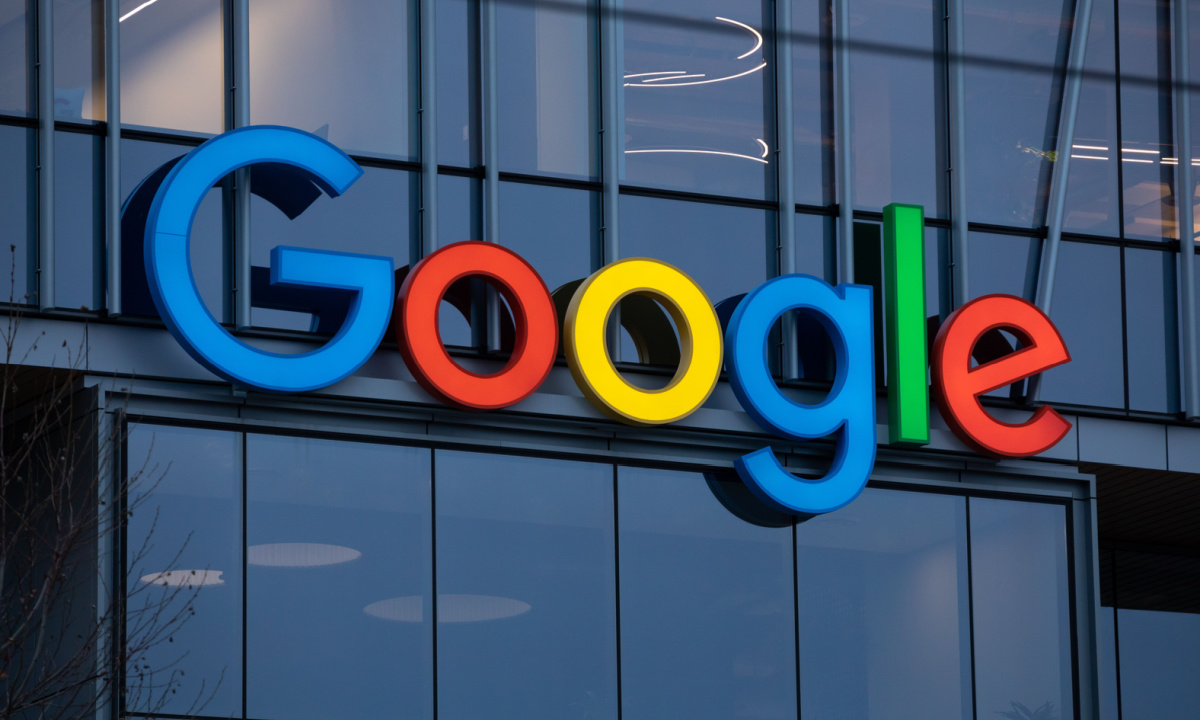
Alphabet’s Google reached a settlement in a patent infringement lawsuit on Wednesday, centered around the computer chips driving the company’s artificial intelligence (AI) technology. While the lawsuit filed by Singular Computing sought $1.67 billion, the final settlement amount remains undisclosed.
Singular Computing, a Massachusetts-based hardware and software firm, initiated the lawsuit in 2019, alleging that Google incorporated its computer-processing innovations into various AI offerings, including Google Search, Gmail, and Google Translate. The lawsuit claimed that Google began using the contested processing units in 2016 for AI applications such as content creation, speech recognition, and ad targeting.
Read more: EU Antitrust Regulators Monitor AI Chips, No Formal Probe Yet
The dispute centered on Google’s introduction of processing units in 2017 and 2018, with Singular Computing asserting that these versions violated its patent rights. Google’s lawyer, Robert Van Nest, argued that the employees responsible for designing the chips had never met with Singular Computing and worked independently. Van Nest emphasized the fundamental differences between Google’s chips and those described in Singular’s patents.
The settlement was reached on the scheduled day for closing arguments, bringing an end to the legal battle. However, details of the settlement, including the financial terms, were not disclosed.
The lawsuit underscores the intensifying competition in the development of efficient AI chips, driven by the exponential growth of AI technology in recent years. Notably, OpenAI, the parent company of ChatGPT, has announced plans to design and manufacture its own AI chips, joining industry leaders like Intel, Nvidia, and AMD in the race for AI semiconductor dominance. The ongoing legal battles and rapid advancements in AI technology indicate the critical role that specialized chips play in the evolving landscape of artificial intelligence.
Source: Information Week
Featured News
Big Tech Braces for Potential Changes Under a Second Trump Presidency
Nov 6, 2024 by
CPI
Trump’s Potential Shift in US Antitrust Policy Raises Questions for Big Tech and Mergers
Nov 6, 2024 by
CPI
EU Set to Fine Apple in First Major Enforcement of Digital Markets Act
Nov 5, 2024 by
CPI
Six Indicted in Federal Bid-Rigging Schemes Involving Government IT Contracts
Nov 5, 2024 by
CPI
Ireland Secures First €3 Billion Apple Tax Payment, Boosting Exchequer Funds
Nov 5, 2024 by
CPI
Antitrust Mix by CPI
Antitrust Chronicle® – Remedies Revisited
Oct 30, 2024 by
CPI
Fixing the Fix: Updating Policy on Merger Remedies
Oct 30, 2024 by
CPI
Methodology Matters: The 2017 FTC Remedies Study
Oct 30, 2024 by
CPI
U.S. v. AT&T: Five Lessons for Vertical Merger Enforcement
Oct 30, 2024 by
CPI
The Search for Antitrust Remedies in Tech Leads Beyond Antitrust
Oct 30, 2024 by
CPI